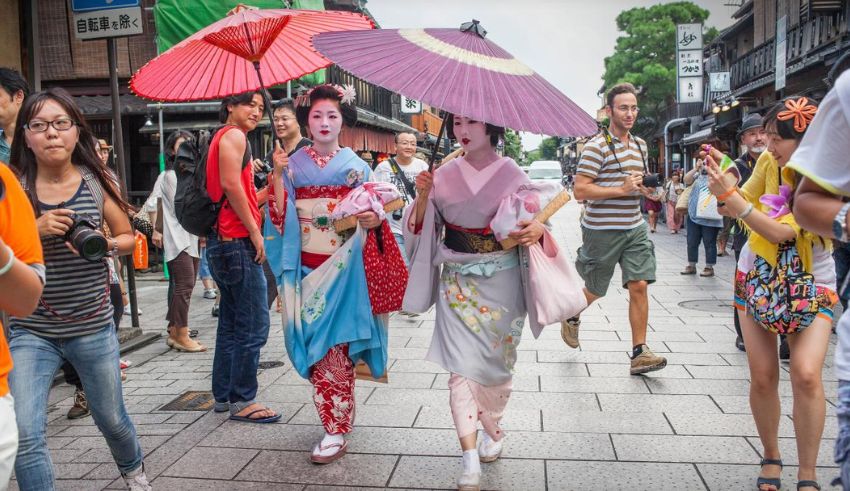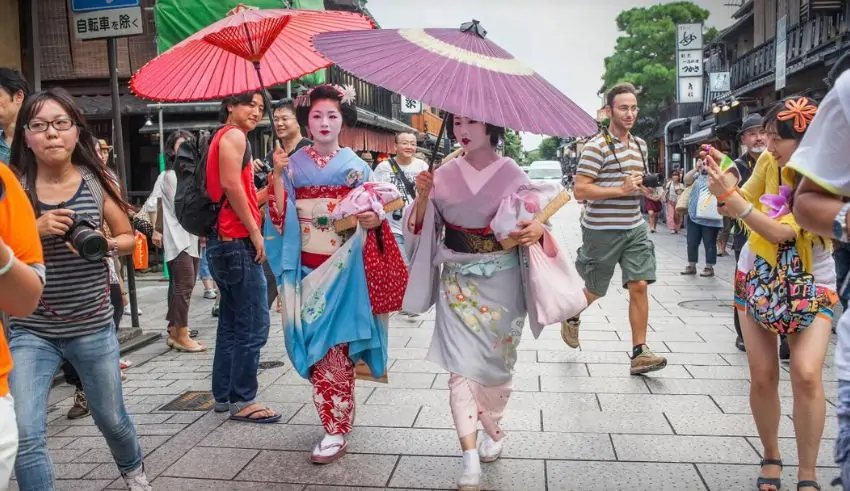

(C) The Times
The 2024 Tokyo Olympics and Paralympics were a huge success for Japan, as the country showcased its resilience and recovery from the devastating effects of the COVID-19 pandemic. The games attracted millions of visitors from around the world, who enjoyed the spectacle of sports, culture, and hospitality that Japan had to offer. The games also boosted the economy and the morale of the nation, as well as the international reputation and prestige of Japan.
However, the influx of tourists also posed a number of challenges and problems for Japan, as the country struggled to cope with the demand and pressure of hosting such a large-scale event. Japan had to deal with issues such as:
In response to these challenges and problems, Japan implemented a number of measures and policies to manage and regulate the flow and impact of tourists. Some of these measures and policies included:
The effects and outcomes of these measures and policies were mixed and varied, depending on the perspective and situation of the stakeholders involved. Some of the effects and outcomes were:
Positive effects and outcomes:
Negative effects and outcomes:
The future of tourism in Japan is uncertain and unpredictable, as the country faces a number of opportunities and threats in the post-pandemic era. Japan will have to balance and reconcile the interests and needs of various stakeholders, such as tourists, locals, businesses, and authorities, and find a way to sustain and develop tourism in a responsible and respectful manner.
Japan will also have to adapt and innovate to the changing trends and demands of tourism, such as digitalization, diversification, and personalization, and offer a unique and memorable value proposition to its visitors. Japan will have to decide whether to pursue a more open and inclusive or a more closed and exclusive approach to tourism, and what kind of image and identity it wants to project and promote to the world.
The UAE launched regional economic deals while building its Asia network. Vietnam signed its second Comprehensive Economic Partnership Agreement in…
This Saturday, Estoril Praia, one of the best football teams in Portugal will wear a notable green and yellow kit…
Hong Kong Post announced it is stopping the mailing of goods to the United States, referring to what they perceive…
Honda to Transfer U.S.-Bound Civic Hybrid Production from Japan to Indiana Honda brings production of its five-door Civic hybrid back…
The Barcelona Open Banc Sabadell presents exciting ATP 500 matches on Wednesday, with important clashes scheduled on different courts. The…
Filipino FIDE Master Christian Gian Karlo Arca who is 16 years old won a major victory by beating German Super…
This website uses cookies.
Read More